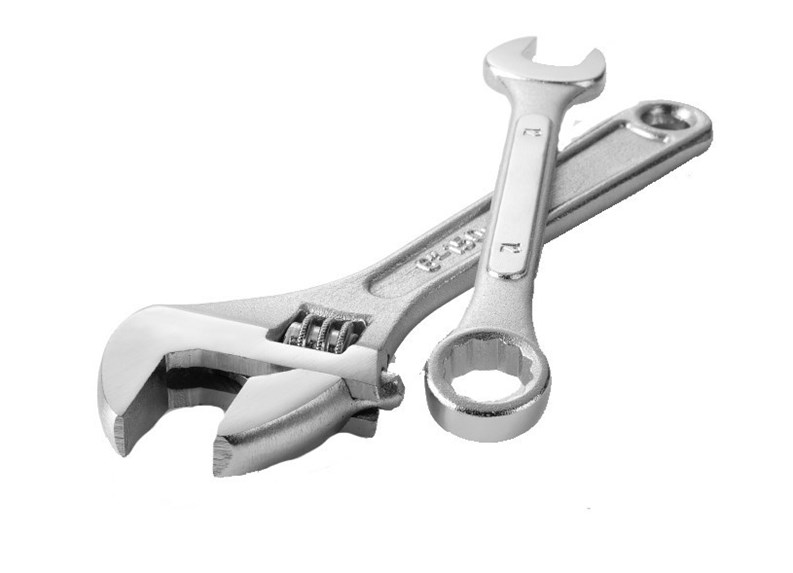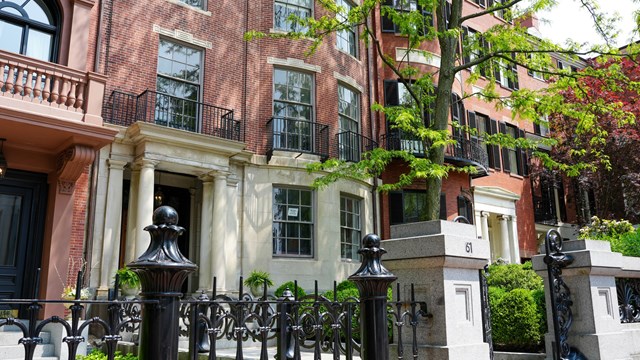A proposal to ban federal lenders from purchasing mortgages in condos with deed-based transfer fees has been drastically scaled back following intense lobbying against the rule by community associations around the country.
The proposed rule, originating with the Federal Housing Finance Agency (FHFA), would have prohibited Freddie Mac, Fannie Mae and Federal Home Loan Banks from buying mortgages in community associationswith deed-based, or private, transfer fees.
But under the new revised rule, published February 8 in the “Federal Register,” HOAs with transfer fees that benefit the condo community (the vast majority) could receive federal mortgage support. Only units in HOAs with mandated transfer fees that don’tdirectly benefit HOAs would be unable to obtain federal loans.
Private transfer fees – typically one percent of the sale price and specified in the original condo documents – are fees paid when a condo or co-op unit is resold. They are paid from the purchaser to one of four groups: (1) the community association, (2) tax-exempt groups that provide a direct benefit to HOAowners, (3) tax-exempt groups that don’t provide a direct benefit to HOA owners (like the Sierra Club), or (4) third-party developers or investors.
All four types of transfer fees were sanctioned in the initial FHFA proposal; but in the revised proposal, transfer fees that provide“direct benefit” to communities (typically, the first two groups) would be allowed in conforming HOAs.
According to FHFA documents, “Direct benefit means that the proceeds of a private transfer fee are used exclusively to support maintenance and improvements to encumbered properties as well as cultural, educational, charitable, recreational, environmental, conservation or other similar activities that benefit exclusively the real property encumbered by the private transfer fee covenants.
“Such benefit must flow to the encumbered property or the community comprising the encumbered properties and their common areas or to adjacent or contiguous property. A private transfer fee covenant will be deemed to provide a direct benefit when members of the general public may use the facilities funded by the transfer fees in the burdened community and adjacent or contiguous property only upon payment of a fee, exceptthat de minimis usage may be provided free of charge for use by a charitable or other not-for-profit group.”
Additionally, the new rule appears to grandfather existing HOAs, according to an FHFA press release. “With limited exceptions, the rule would apply only prospectively to private transfer fee covenants created on or after the date of publication of the proposed rule.” Furthermore, the proposed rule would not affect legislation in states that have alreadyrestricted or regulated private transfer fees.
Thousands of Comments
During the comment period on the initial proposed rule, the FHFA received over 4,210comment letters from a broad spectrum of individuals and organizations, including the Community Associations Institute (CAI), American Land Title Association, National Association of Realtors, American College of Real Estate Lawyers, and Institute of Real Estate Management.
According to the FHFA, comments generally fell into five categories: (1) those advocating a complete ban on private transfer fees; (2) those advocating for private transfer fees for condominiums, cooperatives, and homeowners associations; (3) those advocating for private transfer fees for section 501(c)(3) or (c)(4) nonprofit associations that provide activities that directly benefit the encumbered property; (4) those advocating for private transfer fees for general welfare purposes, even if they do not directly benefit the encumbered property; and (5) those who supported the payment of such fees to for-profit entities and also supported the securitization and sale of transfer-fee incomestreams to investors.
Leading the opposition to the rule, and calling for its revocation or revision was CAI, which had urged its members to contact theirfederal representatives to demand a change.
CAI Chief Executive Officer Thomas M. Skiba, CAE, was clearly pleased with the FHFA revision. “This was a critical revision for the financial health of tens of thousands of community associations,” said Skiba in a press release. “Protecting traditional transfer fees is beneficial to homeowners, potential homebuyers, the associations and the housing market. The government should avoid doing anything that could stifle home sales and putcommunities in further financial jeopardy.”
But 2010 CAI President P. Michael Naglecautioned that the revised rule has yet to be finalized. “The exclusion of deed-based transfer fees that benefit community associations is a step in the right direction for associations and the still-stagnant housing market. We are pleased the voices of community associations and homeowners were heard. We hope this isn’t reversed before the regulation is finalized.”
A 60-day comment period on the revised rule will run until April 8, during which theFHFA will take comments on the proposal. To comment on the revised rule, use the following two methods:
• E-mail: Comments to Alfred M. Pollard, General Counsel, may be sent by e-mail to RegComments@fhfa.gov. Include “RIN 2590-AA41” in the subject line of the message.
• Go to the Federal eRulemaking Portal: http://www.regulations.gov. Follow the instructions for submitting comments. If you submit your comment to the Federal eRulemaking Portal, also send it by e-mail to FHFA at RegComments@fhfa.gov to ensure timely receipt by FHFA. Include “RIN 2590-AA41” in the subject line of the message.
Nationwide Survey
To bolster its case against the implementation of the original rule, CAI had conducted a survey, which documented the importance of transfer fees to HOAs. According to the survey, conducted in September 2010, 99.2 percent of fees in responding communities are used to support the community itself. The survey also documented that transfer fees generate up to $3 billion annually to fund community association projects, fund reserves or otherwise benefit residents. Breaking down the numbers further, the survey found that 62 percent of community transfer fees went to the operating budget, 24 percent to the reserve fund, 12 percent for capital projects funds, and 2 percent for charitable projects or foundations (.79 percent did not indicate where the fee monies went).
If transfer fee monies were lost because of regulation, 60 percent of communities reported in the survey that they would have to increase assessments to cover the lost revenue.
“Severe Disruption” to Condo Market Predicted
Orest Tomaselli, chief executive officer of National Condo Advisors, LLC, had predicted a severe disruption to the condo market if the rule was implemented unchanged. “There’s going to be a vacuum, there’s going to be a period of time when units are not going to be financed in a market where there’s no liquidity anywhere, and very few other lendersare willing to lend outside of the Fannie Mae and FHA guidelines,” said Tomaselli, whose firm helps condo projects obtain FHA, FNMA, and VA funding.
To view the proposed rule in full, go to the website at http://www.fhfa.gov.
Jim Douglass is managing editor of New England Condominium magazine.







Leave a Comment